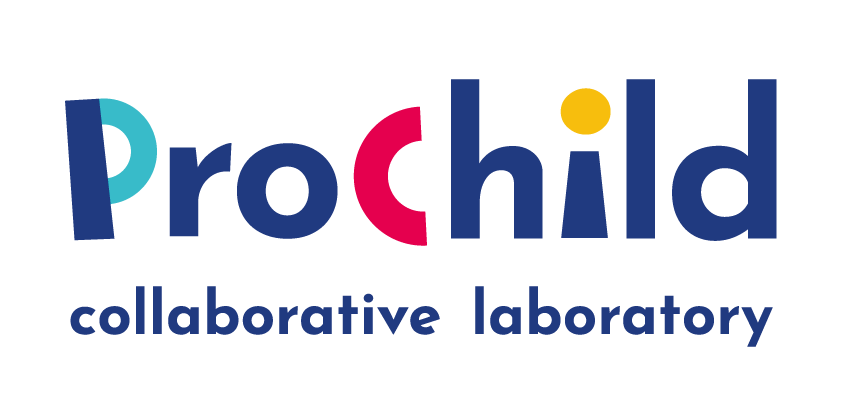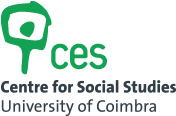Collaborative Laboratory ProChild Colab Against Poverty and Social Exclusion

The Collaborative Laboratory ProChild CoLAB against Poverty and Social Exclusion, led by the University of Minho, aims to develop a national strategy against child poverty and social exclusion, framed in a transdisciplinary and multi-level scientific approach, articulating the public and private sectors, linking academics and professionals in the field, and actively contributing to public policies based on scientific evidence. The Centre for Social Studies of the University of Coimbra is part of the ProChild CoLAB consortium from the very beginning. ProChild CoLAB brings together 15 associates among universities, companies, foundations, municipalities and research centres.
The Collaborative Laboratories are the result of a Science Foundation research and innovation programme aimed at creating economic and social value, and its main objective is to create, directly and indirectly, qualified employment in close association with science, technology and higher education institutions and economic, cultural and social institutions.
ProChild’s main goals are the development and management of multidisciplinary research and technological innovation projects in the area of child poverty and social exclusion; the development, implementation and evaluation of intervention programs and other actions in the area of child poverty and social exclusion; the provision of scientific training for professionals and other agents in the field of childhood; the development of scientific-based guidelines and recommendations for public policies and other advocacy actions against child poverty and social exclusion; and the development of projects and other initiatives to promote corporate social responsibility.
These objectives are thus developed in two major strategic fields - Social Intervention and Technological Development - through projects implemented in specific areas: Health and Well-being; Development and Education; Social Participation, Child Protection, Digital Techology and Nanotechology.


